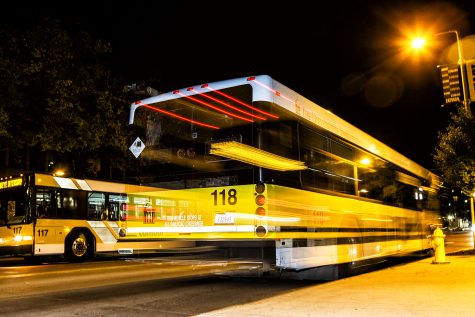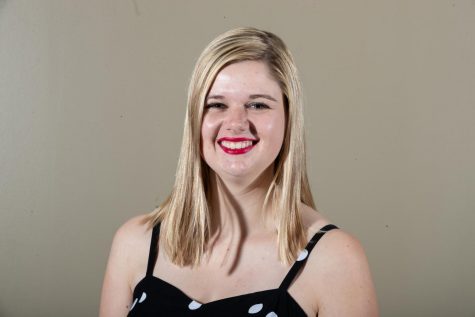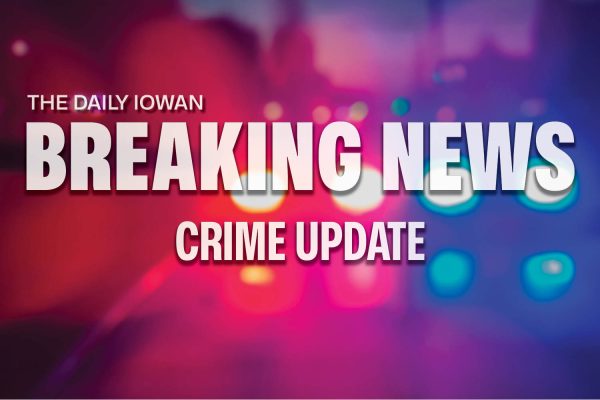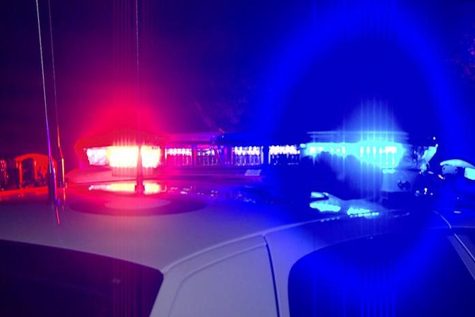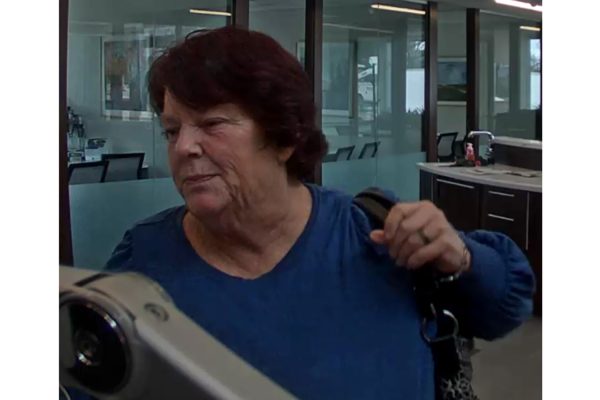State asks to cross-examine Mollie Tibbetts murder suspect
Cristhian Bahena Rivera’s attorneys intend to give testimony via affidavit at a Nov. 13 hearing, but the state is asking the court to give prosecutors the opportunity to cross-examine him.
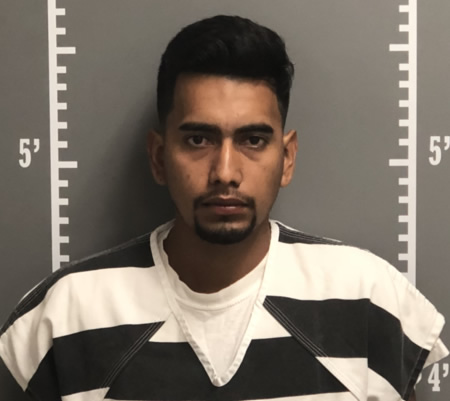
Cristhian Bahena Rivera (contributed)
November 6, 2019
State prosecutors on Wednesday filed documents asking to cross-examine the man accused of killing University of Iowa student Mollie Tibbetts at an evidence-suppression hearing Nov. 13.
Cristhian Bahena Rivera confessed to abducting and killing Tibbetts while she was on a run near Brooklyn, Iowa, on July 18, 2018. After he led officers to her body Aug. 21, 2018, he was charged with first-degree murder. He has pleaded not guilty.
The upcoming hearing will discuss whether or not Bahena Rivera’s rights were violated during his arrest and questioning. Bahena Rivera’s attorneys notified the state that Bahena Rivera intends to testify via affidavit at the hearing, according to court documents.
RELATED: Hearing for man accused of killing Mollie Tibbetts delayed
State attorneys said in the documents that they assume the defense will use the affidavit at the hearing in the place of live testimony and do not intend to call Bahena Rivera to testify, which they argue would not allow the state to cross-examine Bahena Rivera at the hearing.
“Since the affidavit is the equivalent of testimony the state requests the opportunity to cross-examine the defendant at the suppression hearing,” documents read.
RELATED: Hearing for man accused of killing Mollie Tibbetts begins Tuesday
If given the opportunity to cross-examine Bahena Rivera, court documents said, the state asks the court to exclude the affidavit from evidence on the grounds of hearsay. Even if the defense calls Bahena Rivera as a witness and still submits the affidavit, the state still objects to the affidavit, because the information in the affidavit and the testimony would be the same.
“The affidavit is an out-of-court statement offered for its truth, is self-serving, and lacks context and detail,” documents state. “There is no known exception to the hearsay rules that would allow its admission.”





